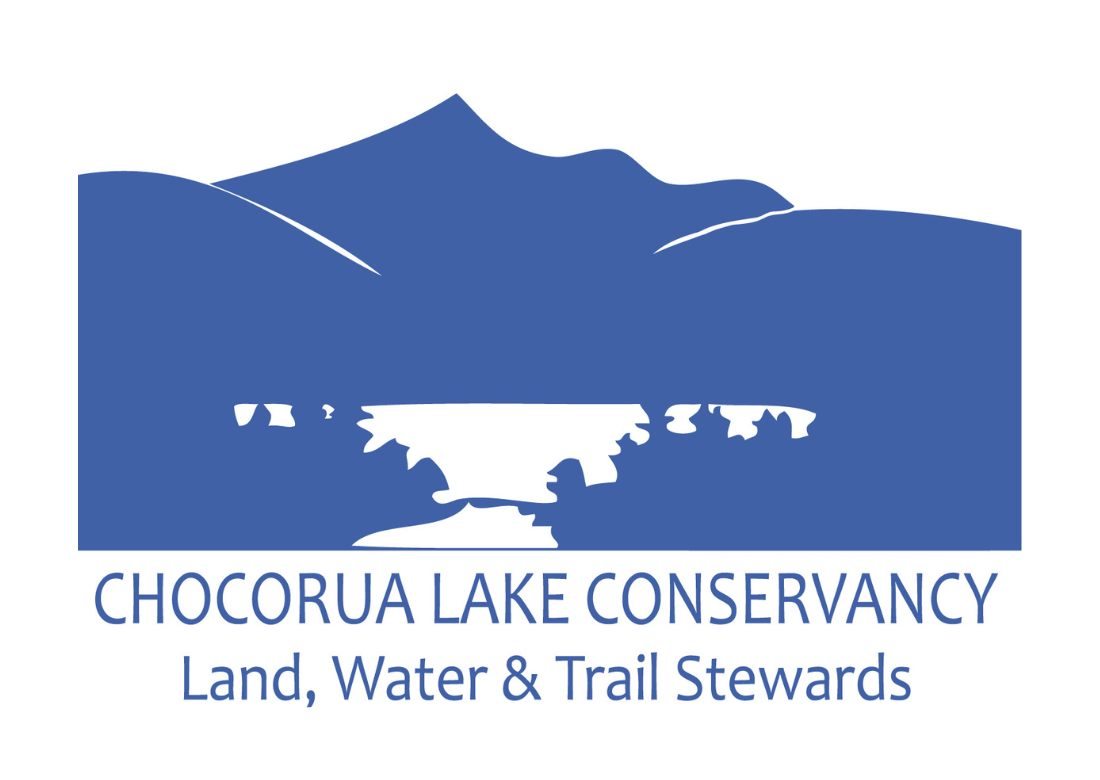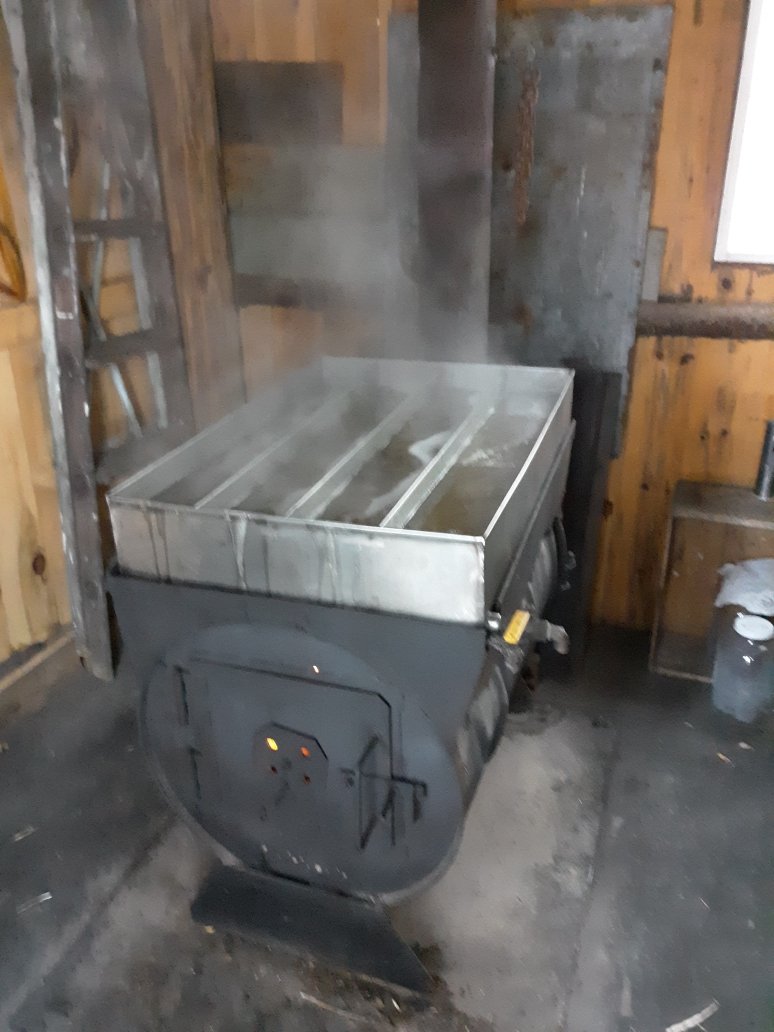Drop drop drip drip, maple sap is filling buckets across northern New England this time of year, part of a practice of sugar-making that stretches back long before Colonial times.
On Wednesday, March 22 at 7PM, join the Chocorua Lake Conservancy and the Cook Memorial Library for “Maple, New Hampshire’s Medicine of Connection,” a talk and slideshow with Damian Costello, live via Zoom. Author and theologian Damian Costello explores how the practice of maple sugaring in New Hampshire connects us to the land, our ancestors, and all that surrounds us. He examines the Indigenous origins of sugaring and the changes and continuities found in contemporary maple production. He also speaks to the differences between maple sugaring in this region and the slave-based labor used in sugar cane production, a connection New England abolitionists made in the 1800s. In conversation with the bestselling book Braiding Sweetgrass by Robin Wall Kimmerer, he suggests that sugar-making—which is informed by Indigenous wisdom—is a communal medicine of connection that teaches mutual reciprocity with the land, as well as an important local practice with significant cultural meaning. This program is free, and will not be recorded. Please register in advance below. You’ll receive a Zoom link in your registration confirmation email.
Damian Costello received his Ph.D. in theological studies from the University of Dayton and specializes in the intersection of Catholic theology, Indigenous spiritual traditions, and colonial history. Costello was born and raised in Vermont and his work is informed by five years of ethnographic work on the Navajo Nation. Costello serves as the Director of Postgraduate Studies at NAIITS, an Indigenous designed and delivered ATS accredited graduate school.
Banner image: Maple sap steaming as it condenses into syrup. Photo: Cheryl Jolley

